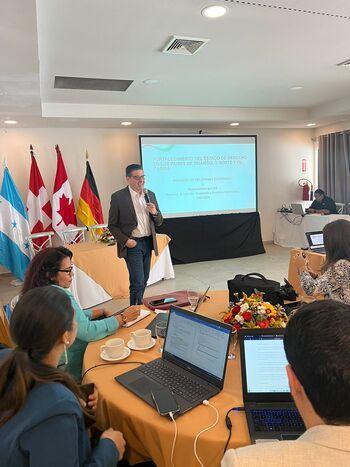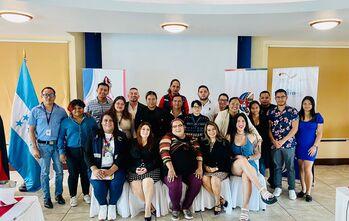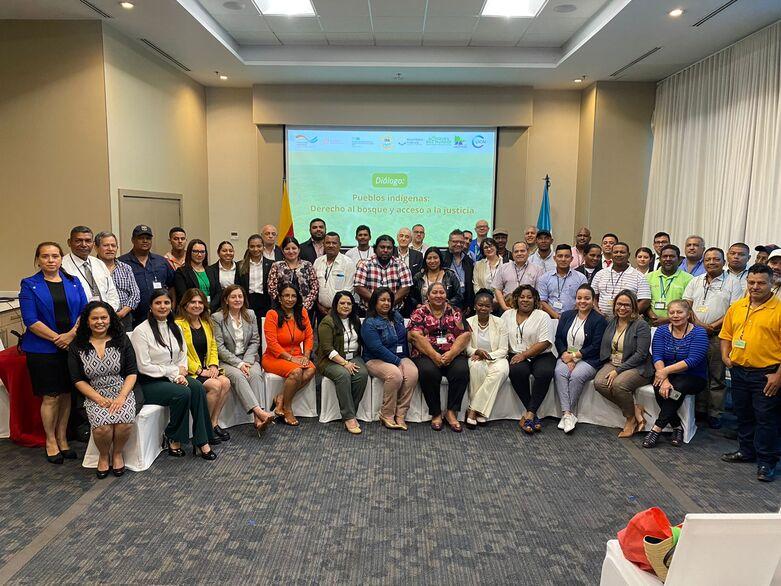Context
In Honduras, Guatemala, El Salvador and the Dominican Republic, the judiciary system is weakened. Courts and public prosecutors are unable to investigate and make decisions quickly, transparently and in a way that is free from discrimination and corruption. Courts susceptible to influence, limited prosecution of corruption, and discriminatory structures within the judiciary mean that court proceedings are frequently intransparent and inefficient.
In addition to this, groups in particular need of protection such as survivors of sexual and gender-based violence (SGBV), members of the lesbian, gay, bisexual, transgender and intersex community (LGBTI) and the indigenous population experience discrimination and barriers – the judiciary does not record all reports, ignores people’s rights and does not provide sufficient support during the process.
Objective
The judiciary is incorruptible and transparent, corruption is prosecuted and the criminal justice system treats people in a non-discriminatory way – particularly groups in need of protection.



